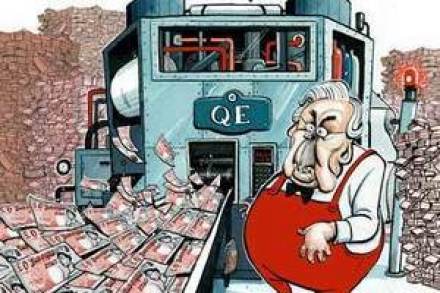A Jubilee moment of historic significance
Martin McGuiness will meet Her Majesty the Queen and shake her hand in Northern Ireland. This is a seminal moment. It does not change McGuiness’s commitment to a united Ireland, but it is a strong statement from the Republican side that bygones are bygones. It is also a sign, perhaps, that the sacrifices Britain made over the Bloody Sunday Inquiry where worthwhile, because McGuiness is making a brave sacrifice by doing this: there will be those who condemn him for it. It is also significant that the Palace has achieved this. The conflict in Northern Ireland and the dark historical relations between Britain and Ireland are causes close to the


















